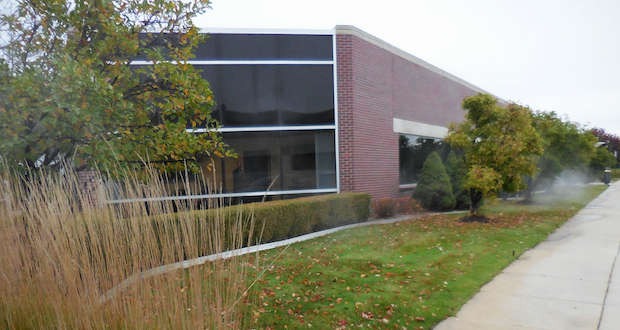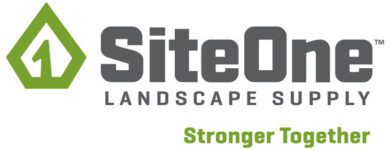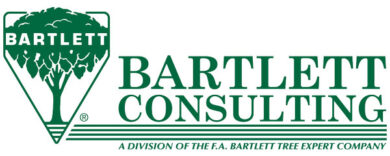Winterizing an Irrigation System
By Jamie Jackson

The arrival of autumn marks the start of the winterizing season for irrigation system professionals such as John Lindeman, owner of South Lyon, Michigan–based Aquaman Irrigation, Inc. Lindeman, a 32-year veteran of the business, and his three-person crew winterize more than 900 residential and commercial irrigation systems each year.
Winterizing or “blowing out” an irrigation system requires the use of a commercial air compressor to clear water from the irrigation system by forcing (blowing) air through the piping. Using pressurized air is the best way to protect the system against freezing, cracking and other damage that can occur to system piping and other components if not properly prepared for winter conditions.
Lindeman offers the following tips to safely and effectively winterize an irrigation system, ensuring it will run smoothly in the spring. He also offers insights on a smart business approach to adding irrigation system care.
Manual versus controller
Line blow out can be completed manually through the valve boxes or electronically through the system controller.
To start the manual blow out process, first shut off the irrigation water supply and close the backflow prevention device. Attach the air compressor hose to the valve fitting and open the valve manually. Then gradually introduce air into the irrigation system until mist begins to spray from the sprinkler heads. Repeat the process for each zone. The job is complete when the sprinkler head transitions from spouting water to spraying water vapor.
Follow the first two steps of the recommended process for the line blow out when using the system controller. However, instead of manually opening each valve, use the automatic controller to activate the system starting with the first zone and cycling through the remainder of the zones.
While either method is capable of completing winterization, using the controller eliminates the potential to miss a zone and gives the operator a visual indication of the total number of zones. “I like to use the controller — that way I’m 100 percent certain we have every zone complete,” said Lindeman. “With manual blow out, if there’s a valve box that’s covered by mulch or turf and I don’t see it, I’ve just missed a zone,” which leaves the system at risk for damage.
Get the right equipment for the job
As with any job, selecting the right equipment is essential — especially when time is of the essence. Lindeman said the typical winterizing season is an eight-week period starting in early October. “The fall season is my busiest time of year. If an air compressor is down even for a short time, I’m losing money.”
Lindeman and his crew use portable and mounted air compressors rated at 80 to 185 cubic feet per minute. “We’re looking for volume from our air compressors,” said Lindeman. “It’s not the pressure that blows out the system, it’s the constant volume of air.”
A compressor that provides insufficient volume could allow the pressurized air to flow over the top of the water in low spots instead of pushing it out of the irrigation line. When the ground temperature drops, the water remaining in the pipes will eventually freeze. The resulting ice expands and can lead to cracking and other potential damage to the polyethylene or PVC pipe commonly used for irrigation systems.
To ensure reliability, Lindeman added a new gasoline-powered Doosan Portable Power C185G air compressor to his fleet in 2015. He said the C185G is more reliable during the fall season than diesel machines, but provides the same power and performance. “The only difference is that the gas doesn’t gel like the diesel fuel, so it starts easier,” Lindeman said of the C185G.
The fuel source also fits well with the rest of his fleet since he has transitioned from diesel trucks to gasoline. “With gas engines you don’t have as many maintenance issues,” he said. “There are also more gasoline mechanics locally, so I can get my trucks and equipment serviced faster. That saves me maintenance costs plus thousands of dollars in downtime.”
Extend your season, extend your business
Lindeman says the reliability and availability of the compressors allows him to extend his season. “I do a lot of work really late in the season because other guys will rent a machine for two weeks or a month. They’ll do as many jobs as they can, then they’ll return the machine. Their customers will call me after they’re done for the season because it’s not worth renting the machine for another day to do one job,” he said.
In addition to winterizing systems, Lindeman also offers installation, modification and maintenance. “People are always changing landscaping. We add or modify the system to match. That’s our specialty,” he said. Lindeman also subcontracts with a half dozen local landscape companies on irrigation system installation.
Jamie Jackson is with Two Rivers Marketing. Article provided on behalf of Doosan Portable Power.


